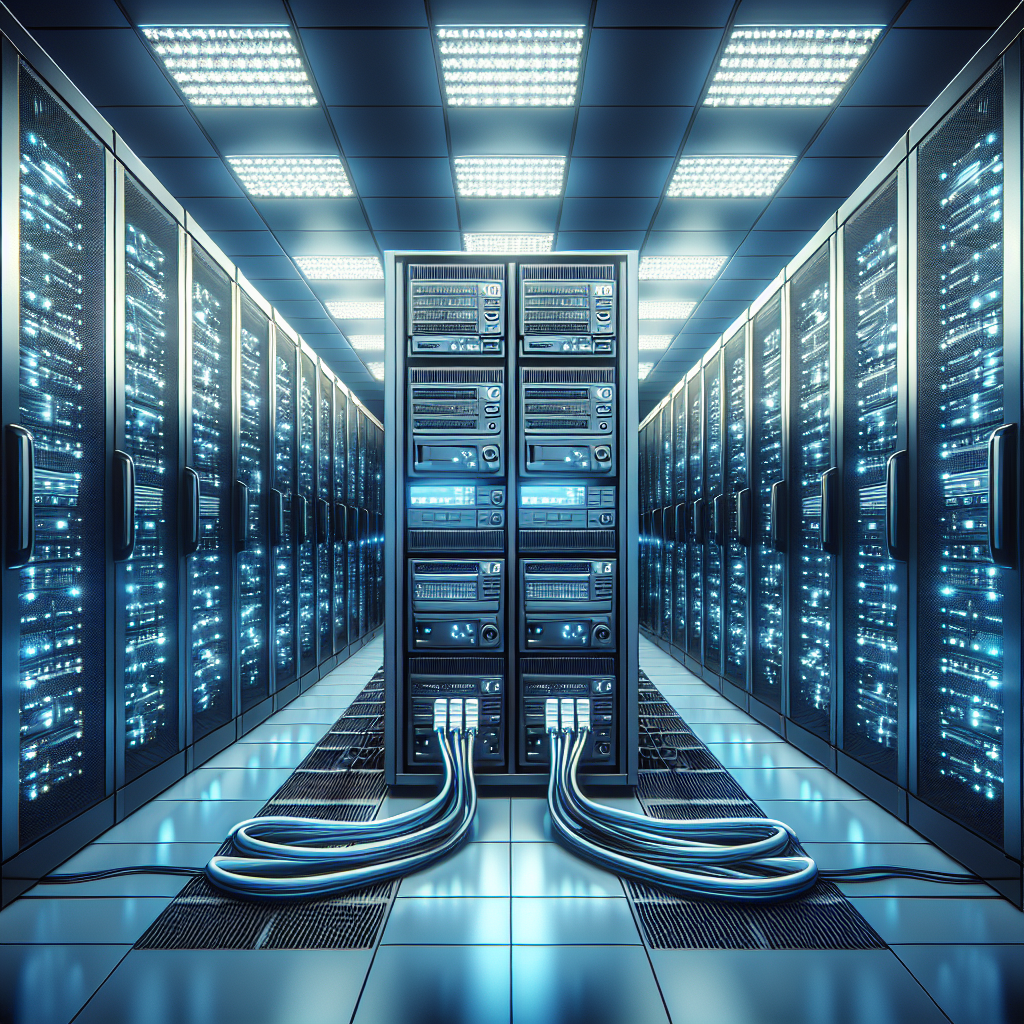Data centers are critical components of modern businesses, serving as the backbone for storing, processing, and managing vast amounts of data. With the increasing reliance on digital technologies, the need for data centers that are reliable, secure, and efficient has become more important than ever. One crucial component of any data center infrastructure is the uninterruptible power supply (UPS) system, which provides backup power in the event of a primary power failure.
A redundant UPS system is an advanced configuration that consists of two or more UPS units working in parallel to provide backup power. This setup offers several benefits that can help ensure the continuous operation of data centers, even in the event of a power outage or UPS failure.
One of the key benefits of a redundant UPS system is increased reliability. By having multiple UPS units operating in parallel, data centers can maintain power availability even if one UPS unit fails. This redundancy helps minimize the risk of downtime and ensures that critical systems and applications remain operational at all times.
Another benefit of a redundant UPS system is improved scalability. As data centers grow and expand, additional power capacity may be required to support the increased workload. A redundant UPS system can easily accommodate this growth by adding more UPS units to the existing configuration, without disrupting operations or causing downtime.
Furthermore, a redundant UPS system can also enhance efficiency and energy savings. By distributing the load across multiple UPS units, data centers can operate at higher efficiency levels and reduce energy consumption. This not only helps lower operational costs but also contributes to a more sustainable and environmentally friendly data center environment.
In addition to these benefits, a redundant UPS system can also provide greater flexibility and fault tolerance. With multiple UPS units in place, data centers have the ability to perform maintenance, upgrades, or repairs on one unit without impacting the overall power supply. This flexibility ensures that data centers can continue to operate smoothly and reliably, even during maintenance or service activities.
Overall, understanding the benefits of a redundant UPS system in data centers is essential for ensuring the reliability, scalability, efficiency, and flexibility of critical power infrastructure. By investing in a redundant UPS system, businesses can effectively mitigate the risks of downtime and power failure, and ensure the continuous operation of their data centers in today’s fast-paced digital world.


Leave a Reply